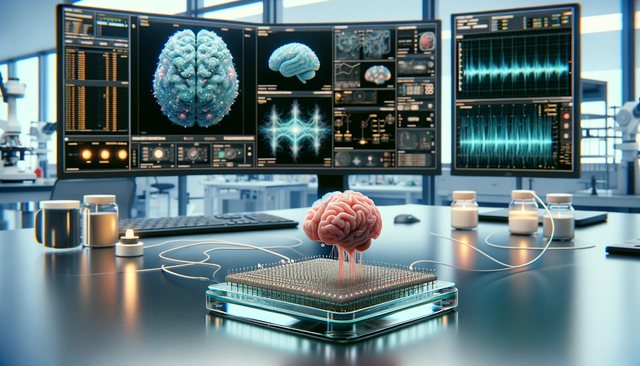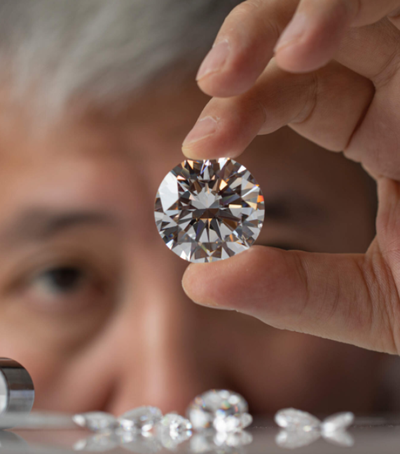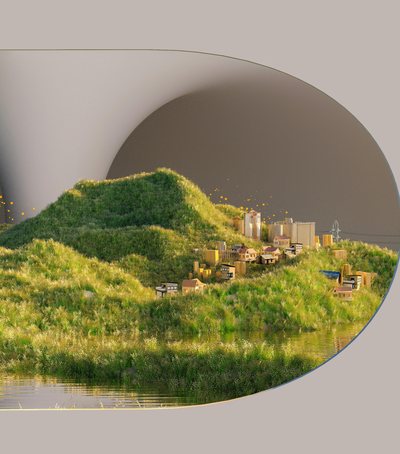
In the world's most advanced laboratories, one of the most amazing experiments of the century is taking place: scientists are managing to grow mini-brains, or as they are called in scientific terms, brain organoids. These microscopic structures are created from stem cells and mimic the development of the human brain in its early stages. They are not complete brains, but they contain cells and neuronal connections that respond to stimuli, even to light.
The recent discovery that these organoids are able to send and receive electrical signals when exposed to light has opened up new horizons for scientific research. This means that scientists are getting closer than ever to understanding consciousness, cognitive development, and how the brain processes experiences.
These mini-brains are used to study serious neurological diseases such as Alzheimer's, epilepsy and autism, allowing testing without the need for human experiments. For the first time, researchers can see how brain diseases develop at the cellular level and experiment with new treatments under controlled conditions.
Beyond medical research, the creation of brain organoids also raises profound ethical questions. Could a mini-brain ever develop a form of consciousness? Where does the line between experiments and life lie? Scientists point out that these structures are currently too simple to have consciousness, but the very fact that they react to light and have electrical activity brings them one step closer to unraveling the mystery of the human mind.
This new field of research is being hailed as a revolution in neuroscience. The “brain that grows itself” could change the way we understand the mind, memory, and how the brain heals after injury. It is the clearest evidence yet that science is entering an era where the creation of intellectual life is no longer just a fantasy, but a reality taking shape under the microscope.





